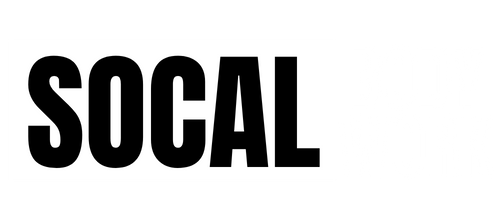In a surprising move, President Donald Trump has proposed a 100% tariff on films produced outside the United States, arguing that this could help protect American filmmaking from foreign tax incentives. The move has sent shockwaves through the global film industry, raising concerns about its potential impact on Hollywood, international filmmakers, and streaming platforms.
The Proposal: What’s at Stake?
President Trump’s proposed tariff targets foreign films, primarily as a way to safeguard the U.S. film industry from competition posed by international tax incentives. Many countries, including the UK, Ireland, Canada, and Australia, have attracted significant foreign production due to favorable financial policies. Ireland, for example, has hosted over 850 U.S. productions since 2016, benefitting from tax breaks.
The tariffs, if implemented, would increase the cost of foreign-produced films, making it more expensive for U.S. studios to shoot abroad or import foreign films for distribution. This could have significant ramifications, both economically and culturally, not only for the U.S. film industry but also for global film markets.
Impact on Hollywood Studios
The imposition of a 100% tariff could potentially disrupt major Hollywood studios such as Disney, Warner Bros., and Paramount, all of which frequently rely on international locations for filming. Many of these films are co-productions or use international talent and locations. The definition of a “foreign” film could become murky, making it difficult to classify what projects would be affected.
In addition to major studios, independent filmmakers may also struggle with the added costs associated with international shoots or importing foreign talent. This could lead to delays and budget overruns, making it more difficult to bring creative projects to life.
Streaming Platforms Face Challenges
Streaming services such as Netflix, Amazon Prime Video, and Disney+ may also face significant difficulties as a result of this proposal. These platforms often feature international content, with foreign films and series forming a significant part of their libraries. A tariff on foreign films could lead to reduced availability of such content, limiting diversity in programming for U.S. audiences. This, in turn, could hurt the global marketability of streaming platforms (WSJ).
Global Film Industries at Risk
Countries like the UK, which has a thriving film industry valued at £21 billion, could face economic damage as well. Many international production companies choose to film in the UK due to favorable tax breaks and the country’s world-class studios and crew. A tariff could drive these productions elsewhere, harming the UK’s economy and employment opportunities within its creative sectors.
Other countries, such as Ireland, Australia, and Canada, may see a decline in U.S. productions, leading to job losses and reduced foreign investment in local film industries.

Economic and Cultural Consequences
The proposed tariff could also have wider economic repercussions for the U.S. film industry. The U.S. currently enjoys a trade surplus in film, earning more from international box office revenues than it spends on foreign productions (WSJ). A 100% tariff could jeopardize this balance, creating unnecessary trade tensions with key allies and partners.
Culturally, the restriction of foreign films in U.S. theaters and streaming services could limit the American public’s exposure to global stories and artistic innovation. As the world’s largest consumer of films, the U.S. plays an important role in the distribution of international media.
Legal and Logistical Challenges
There are also significant challenges in defining what constitutes a “foreign” film in today’s globalized film industry. Productions are increasingly international, with crews, locations, and talent from all over the world. Determining the specifics of what would be subject to tariffs could create confusion and logistical headaches for filmmakers and distributors alike.
Conclusion
While the proposed tariffs are still under consideration, the global film industry is bracing for potential disruption. U.S. lawmakers and filmmakers are closely watching the situation, as are international film industries. The final decision could reshape the way films are made, distributed, and consumed, both in the U.S. and abroad.









